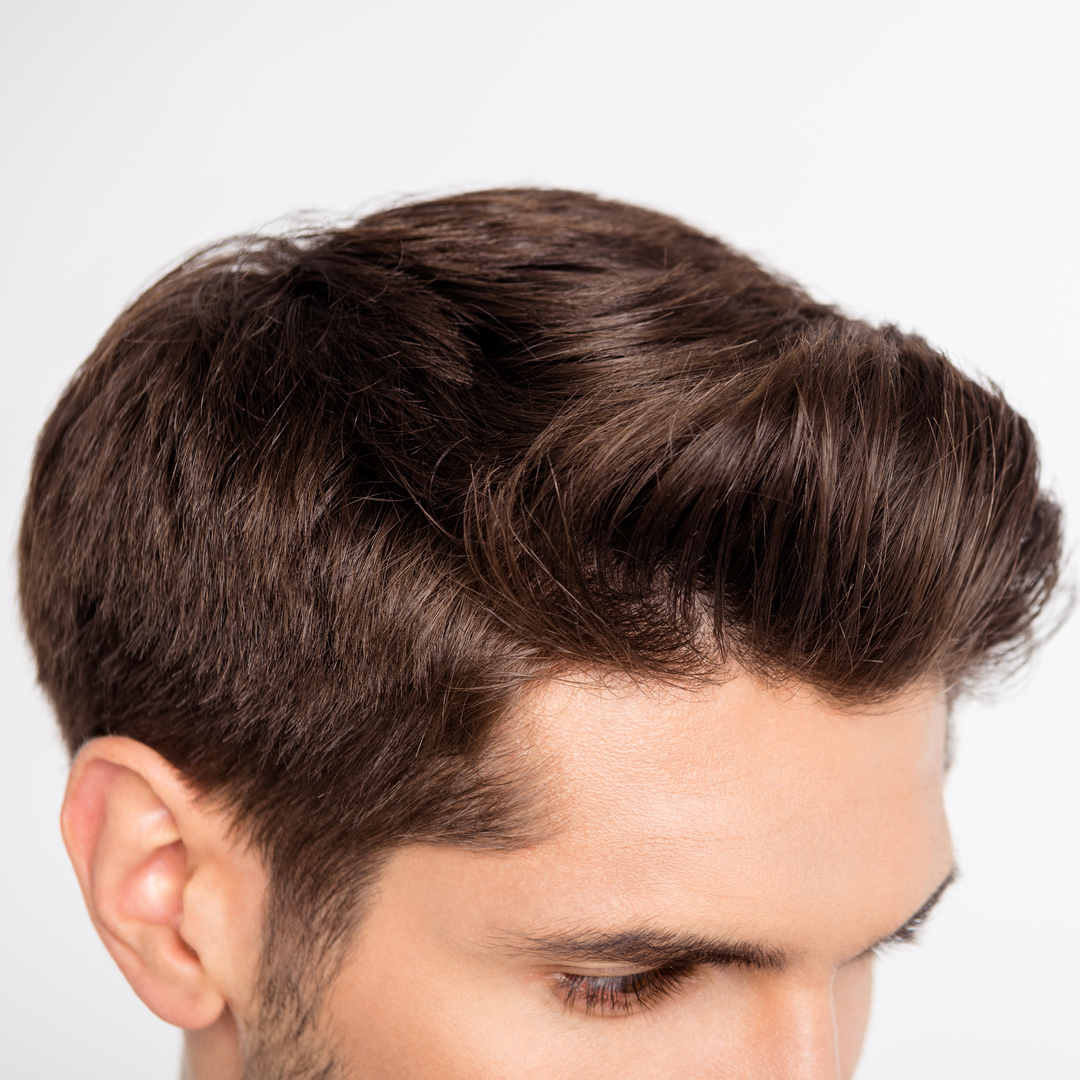If you’re worried about the amount of hair your losing and want to have a chat about possible hair loss treatment, don’t hesitate to book in online with one of our experienced GPs at our Yarra Medical clinics. You’ll find us at two convenient, inner city Melbourne locations.
Losing hair at any age can be depressing, especially in these times of Tinder, Instagram and any other social media platform that exists only to reflect the most fanciful version of ourselves. The first sign of female or male pattern baldness can be a blow to our self-esteem, and send us on an epic voyage to uncover the miracle cure for hair loss. Unfortunately, that doesn’t exist; at this stage, we cannot stop hair loss once it begins. Fortunately, we can slow and even stall it, and the GPs at Yarra Medical can help you do so.
But, first, what exactly is hair?
A strand of hair is made up of a protein called keratin. The strand is anchored in a hair follicle which is made up of cells that supply oxygen and nutrients to the root of the hair and lubricate the strand with an oily substance called sebum.
Hair goes through a cycle of growth, rest and renewal over a two to five-year lifespan. The vast majority of the hairs on your head are in the growth phase (anagen), which lasts for several years. In the next phase (catagen), hair growth slows over a matter of weeks and the follicle shrinks. The final phase (telogen) lasts around a month, in which time the hair stops growing altogether, a new strand begins to grow and pushes the old one out.
When should I be worried?
There are around 100,000 follicles on your scalp and, believe it or not, we lose somewhere between 50 to 100 strands of hair every day. So, next time you have a shower and notice a clump circling the drain, it’s most likely nothing to panic over. Some hair loss is normal.
Women do tend to lose more hair each day than men, mostly due to lifestyle factors. Styling that involves heat and hair colouring can have a big impact on how much hair is shed. Also, life events such as pregnancy and menopause can lead to periods of increased hair loss.
The time to book in with one of our GPs to discuss hair loss treatment is when you notice abnormal hair loss for you. Get familiar with your body’s rhythms and quirks so you know when something is off kilter. More obvious signs might be a gradual thinning of hair on your head, patchy or bald spots around the scalp, or hair loss elsewhere on your body. We can assess whether there is some underlying medical condition at play.
Does stress cause hair loss?
There have been studies that indicate stress can indeed cause a certain amount of hair loss. At this stage, we think a stressful event or period in our lives disrupts the growth phase (anagen) and prematurely causes large amounts of hair to fall out. A study involving mice demonstrated that exposure to loud, stressful noises caused hair to go into the catagen phase early.
We don’t know precisely why this occurs, but it could have something to do with the production of neurotransmitters or hormones under stressful conditions. Hairs that contain more cortisol (a stress hormone) are more likely to fall out early.
There’s always a delay between when a hair stops growing and when it falls out, so if you notice a large clump of hair shedding at one go, it may be due to a stressful event that occurred in your life up to three months beforehand.
What can we do about hair loss?
When it comes to hair loss treatment, we either try to slow hair loss by blocking the androgen hormone action, or we encourage partial regrowth. There are two drugs we can employ in this fight.
- Finasteride is a prescription-only medication that is taken once a day. It blocks the action of an enzyme which is responsible for changing testosterone to another hormone that causes hair loss in men. It’s an effective treatment that shows good results, but it’s benefits will only last as long as the medication is taken. When you stop taking Finasteride, hair loss will resume. Side effects of Finasteride are uncommon, but can include reduced sex drive, trouble getting or keeping an erection, and skin rashes. If these side effects don’t resolve within a couple of weeks, get in touch with your GP at Yarra Medical.
- Minoxidil is an over-the-counter treatment, available as either a lotion or tablet, that’s been around since the 1970’s. It’s appropriate for men and women, although we’re not entirely sure how it works[1]. It’s classed as a vasodilator, which is a fancy way of saying it enlarges our blood vessels, and we believe it stimulates hair growth by enlarging hair follicles and lengthening the growth phase of hair. Side effects are uncommon, but can include a dry scalp, itchiness and dermatitis.
For more information, check out the excellent Better Health website.
Make an appointment online with a GP at Yarra Medical.
[1] This may sound disconcerting, but there are actually tons of medications on the market that work in mysterious ways. We know they do the job, we just don’t know how… Reassured?

